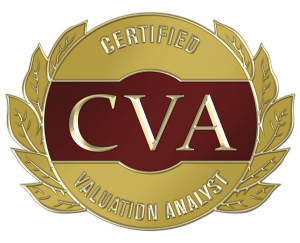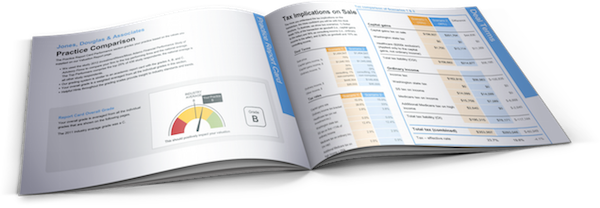-
What are Your Strengths?
Martin Seligman, Ph.D., noted optimism researcher, has proposed that one of the surest paths to happiness is to know your signature strengths and build your life around them, particularly if it’s in a way that has meaning to you. This translates in business perfectly. If you do what you do well, you will make money.
-
Is the Registered Independent Advisor Route Right for You?
It sounds so appealing — going on your own! The freedom to run our own business, fleeing from the pressure of quotas and the mandate to promote proprietary products can be tempting. Many a seasoned advisor has considered making the leap to registered independent advisor (RIA), or starting with a hybrid model to dip their toes in the waters. Predictions reveal registered independent advisors will soak up 28% of the market share by 2018, so we understand why it all sounds so appealing.
-
What is Your Elevator Pitch?
Do you understand your practice’s vision well enough to articulate it effectively to others when it really counts? Imagine you are riding up 20 stories in an elevator with a Fortune 500® CEO, and he asks: “So, what do you do?”
You’ve got about 15 seconds to make an impression with him. What do you say?
-
Setting Goals For Your Financial Practice
Having a strategy or game plan for growth is important for financial advisors to thrive in the current market. Clear definition of business goals is the first step in developing this growth strategy for the practice. But the Study on Drivers of Business Growth, undertaken in 2014 by the FPA Research and Practice Institute, finds that nearly 70% of surveyed financial planners did not have formal goals. At the same time, the study also finds that “high growth advisors were considerably more likely to have a formal written business plan” that defines these business goals.
Financial planners need solid goals to help grow their practices.
-
Are You Asking For Referrals?
New clients are the lifeblood of our businesses, and referrals are one of the surest, most cost effective ways to reach new customers. Targeting like-minded potential clients may appear simple, but it is something that provokes anxiety in financial advisors. Take out the fear factor by incorporating asking for referrals into your planning.
-
Prepare Your Business For Sale
Depending on what source you look at, the average age of an advisor in the financial services industry is anywhere from 51-57 years old. While that would typically leave plenty of time until the average age of retirement (age 62), the average age of an advisor selling their business is much younger, most often occurring near age 59. This is due in large part to the long term seller involvement that is ideal in the sale of a professional services business, ranging from as low as 12 months to as long as 5 years. While you may not sell your business, you will leave this industry – planned or unplanned. The better prepared you are for your eventual transition, the happier your clients will be with the process, and the more you are likely to get out of it (financially and emotionally).
-
Cash In and Earn-Out
With 10 year SBA loans going for as low as 4.4%, it has become easier for advisors to offer a big upfront check to grease the wheels on an acquisition. Be cautious; what you do to entice an advisor to sell, could cost you severely after that advisor has left the practice. Once a selling advisor collects his last check, the motivation to assist in the transition is gone.
Enter the earn-out. An earn-out stipulates that the seller of the business will receive a certain percentage of the revenue from the practice for a set period of time after the sale of the practice. See below for an example of a typical deal structure using the “Deal Terms Tool” from 3xEquity.

